Preparation and Arrival
To-do List
- Students should make a travel consultation appointment with their university services.
- Participants should consult with their physician in advance if they have a medical condition that will require regular treatment while abroad. It is wise for participants to see a dentist well in advance of leaving, in case they require additional dental work before going abroad. Women may want to schedule a gynecological appointment before departure. If under a doctor’s care for a specific condition, be sure to discuss what to do to maintain health while abroad.
- Students who are coping with emotional or psychological problems should be especially aware that programs abroad present new challenges and pressures that can cause additional stress, and that there may be a lack of support systems abroad. Students with preexisting psychological conditions are very strongly encouraged to disclose their condition to the program coordinators: not to do so can result in unnecessary problems while abroad.
- If taking prescription medication, bring a copy of the prescription abroad. Travelers need this in order to carry medication and/or medical supplies through customs and, in an emergency, to fill prescription once in the host country. It makes a student's life a lot easier, however, if they bring enough medication for the time they will be away. Students should minimize risks at international borders by taking copies of their prescription with them and keeping all medications in the bottles in which they are dispensed. Do the same for eyeglasses (bring an extra pair, but make a copy of the prescription just in case). Also bring copies of all medical records.
- If students are expecting to receive funds from home during the program, make proper arrangements for their timely disbursement. Keep in mind that fluctuations in the conversion rate of home currency into the currency of the host country may raise or lower the value of funds that one is expecting to receive.
- Make an approximate budget. Recent program students spent anywhere from $1,000 to $4,000 over the course of eight weeks, including weekend travel. On average, students spent about $180/week on transportation, cell phone cards, going out, and on food in restaurants. Anticipate unanticipated expenses, and bring personal funds to cover them.
- Arrange to have a responsible person at home handle mail while away.
- Check with the airline regarding its luggage policy.
- Students should mark all baggage inside and out with their name, address, and phone number of their host family
- Participants should reconfirm their flight 72 hours before departure and print their boarding pass.
- Carry important documents when traveling. Be sure immigration papers are in order. Have important phone numbers available, including DRCLAS Office in Buenos Aires (+54) 115 2371083) and the host family name and phone number.
- Carry a small suitcase with personal articles in case one's luggage is temporarily lost.
- Students should bring the names and addresses of people in their country with whom they will want to be in contact, including their university's important numbers.
- People that one meets will probably be interested in learning about the student's home country. Participants may want to bring postcards of their home country, tapes or CDs with folk and popular music, maps, artwork, a typical textile, or similar representations of their culture. Regalia from one's home university works too! Some students have recommended bringing low-cost souvenirs to give as gifts to new friends (especially the host family). Keep in mind that travelers cannot bring produce or plants through customs.
- It is recommended that participants bring all the clothing that they think they will need. Not only are the prices of clothing much higher in Argentina in comparison to the United States, but the majority of the brands in shopping malls are popular American/European brands.
All the information above is referential. If students have any questions, they should not hesitate to contact María José Ferreyra: mferreyr@fas.harvard.edu or Dennys Caldera Boka: dennys@buenosaires.casa.education











